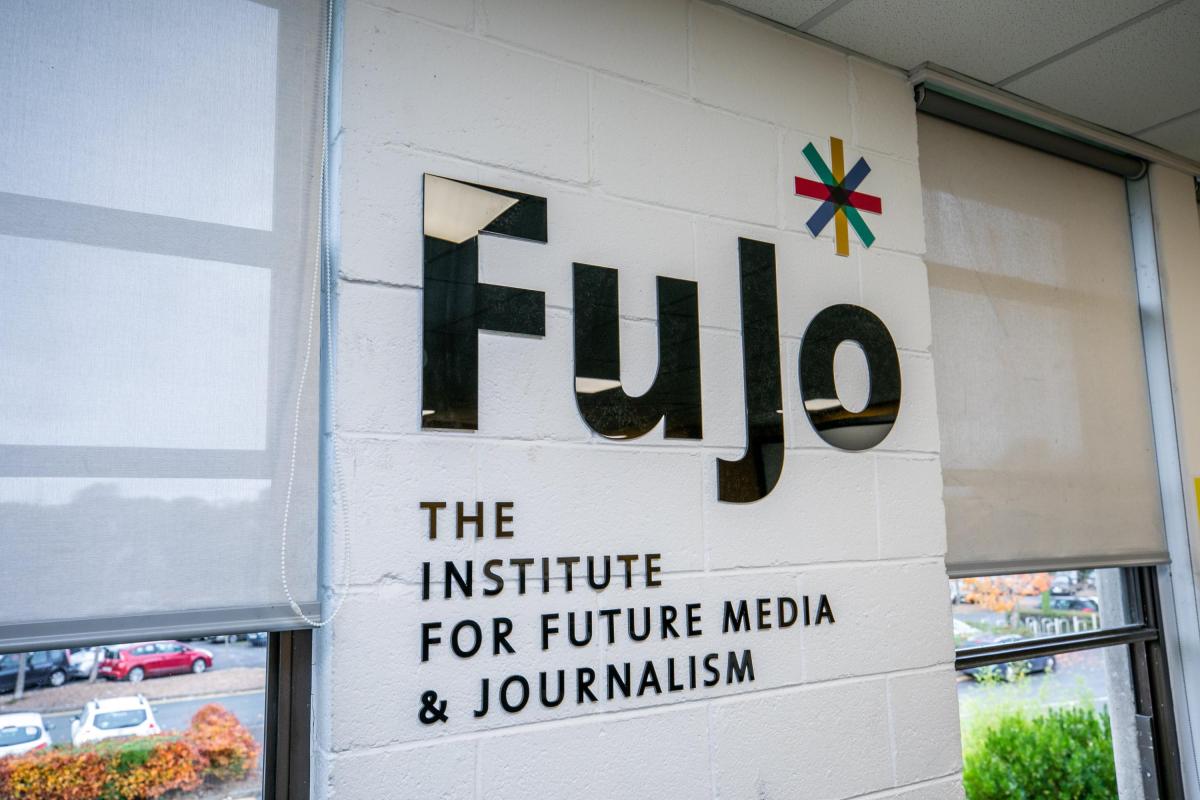

New DCU study warns of risk of “news deserts” in Dublin
A new study of Ireland’s local media landscape by Dublin City University's Dr Eileen Culloty has found that while there is currently little evidence of widespread “news deserts” in Ireland, the rapidly growing suburbs of Dublin city are at most immediate risk of becoming news deserts. The issue has been highlighted ahead of local and EU elections in just over four weeks' time, with concerns about the potential for widespread disinformation to go unchecked.
A “news desert” is an area that lacks a reliable news service. The term originated in the U.S. to describe areas with no news outlets and no professional journalists covering local issues and developments.
The report, titled ‘Uncovering news deserts in Europe: Risks and opportunities for local and community media in the EU’ focuses on detecting challenges and opportunities for local and community media, and identifying news deserts in the 27 EU Member States. Dr Eileen Culloty, Deputy Director at the DCU Institute for Media, Democracy and Society (FuJo) and an Assistant Professor in the DCU School of Communications, wrote the ‘Ireland’ section of the report.
In the media
The report has garnered significant media attention with Dr Culloty appearing on Morning Ireland, as well as 98FM, Q102 and FM104. The report was also the subject of a piece on The Journal.
The report finds that the suburbs of Dublin, most notably North County Dublin, are at an immediate risk of becoming news deserts. This follows the closure of the North County Leader and Fingal Independent at a time when the population of the region has increased significantly. Although a new innovative outlet, the Dublin Inquirer, has emerged to fill this gap, there is no indication that similar outlets will emerge in other parts of the country
The risk for local and community media was assessed through several indicators, related to the number of media outlets, economic and political conditions, as well as the degree of safety of local journalists and the social inclusiveness of local and community media towards minorities, marginalised communities and the capability of engaging with the audience.
DCU FuJo
As a leading member of the DCU Institute for Future Media Democracy & Society, Dr Culloty has contributed to landmark reports seeking to counter misinformation, as well as regularly providing commentary on public service media and disinformation.
Two of the six indicators used in the report are presented as a “medium risk” in Ireland; ‘Granularity of the Infrastructure of Local Media’, and ‘Market and Reach’. For the former, the report notes that the erosion of independent, locally-owned media is viewed as a ‘threat to community life’ (as put forward by the NUJ in 2022), and that the public broadcaster RTÉ has failed to maintain regional correspondents at a time of population growth. In relation to ‘Market and Reach’, also a medium risk, the report notes that 26 of the 61 local titles (print and online) represented by the Press Council are owned by just two companies: the UK-based Iconic Newspapers and the Dutch-based Mediahuis.
Commenting on the report, author Dr Eileen Culloty said;
“The steady decline of local news has major implications for democracy. The local and European elections are already attracting large amounts of disinformation and controversy. Well-resourced, high-quality journalism is an essential counterpoint to that.”
The full report is available to read here. The full ‘Ireland’ section of the report is available here. A fact sheet for the ‘Ireland’ chapter of the report is available here.
